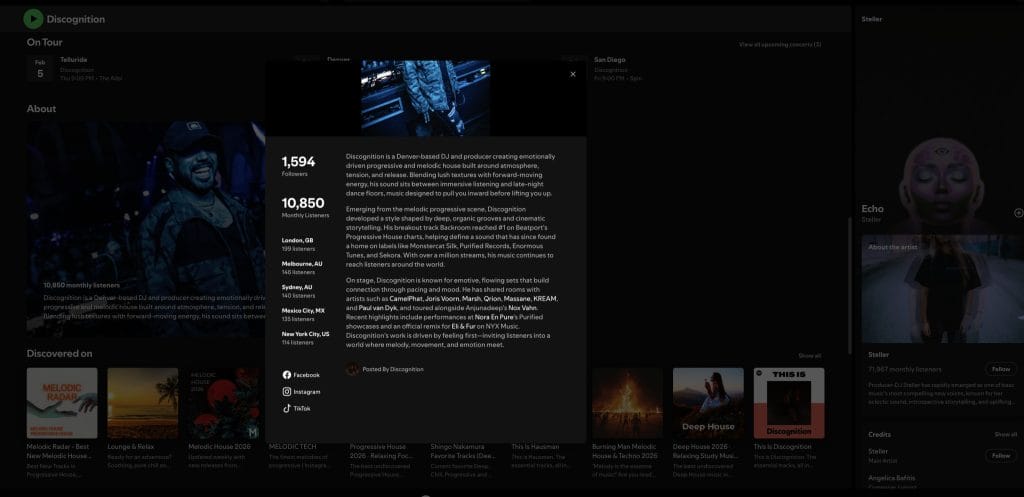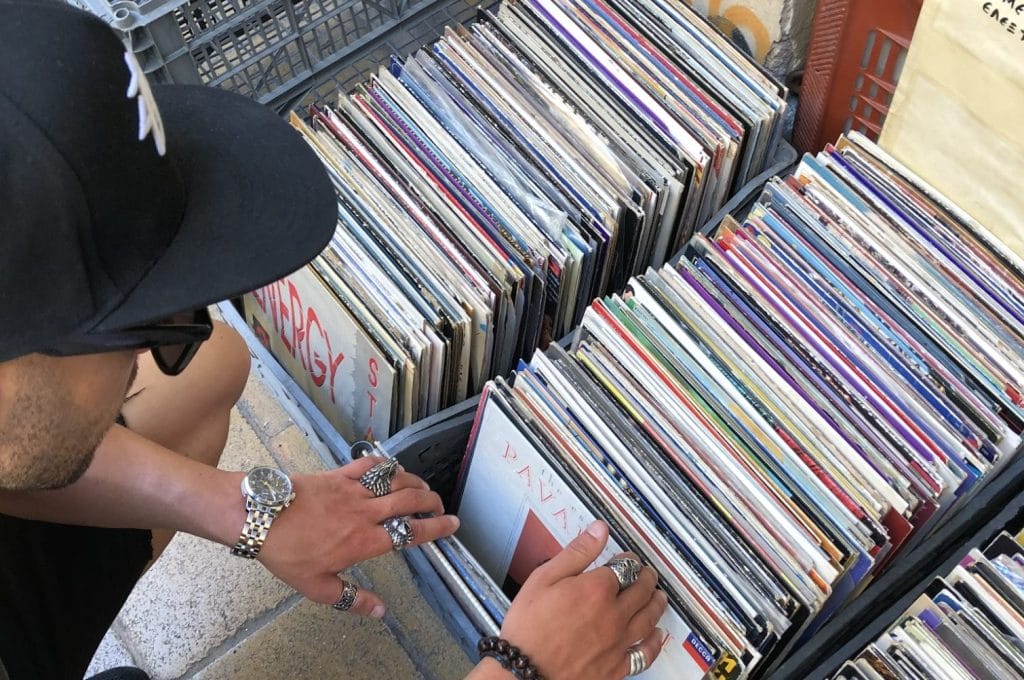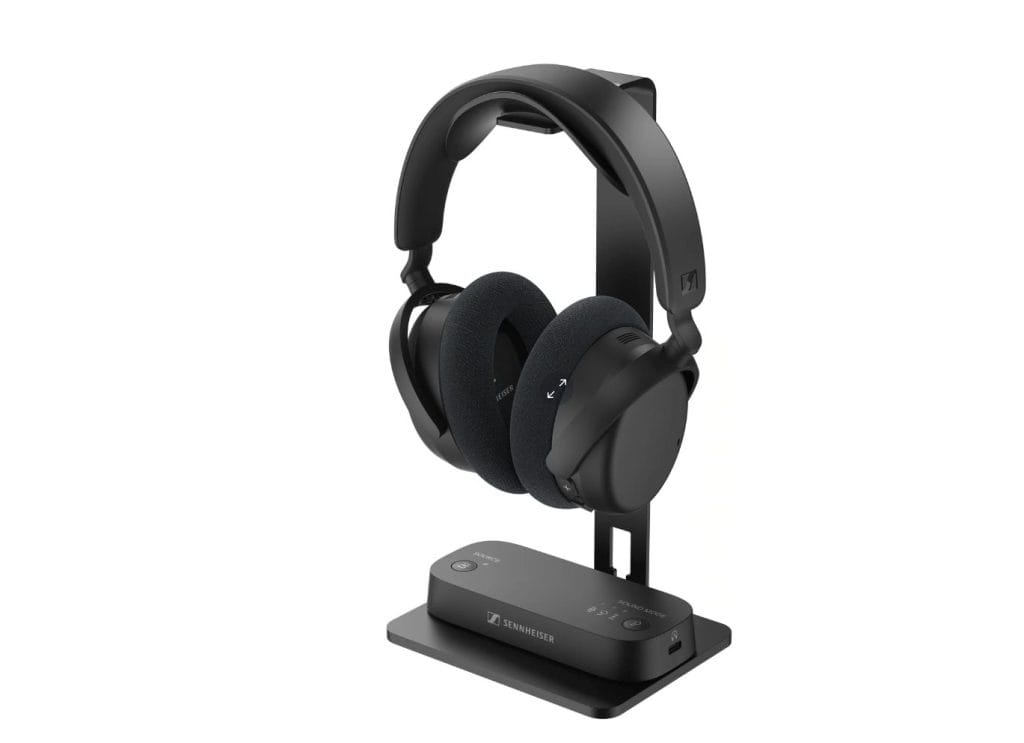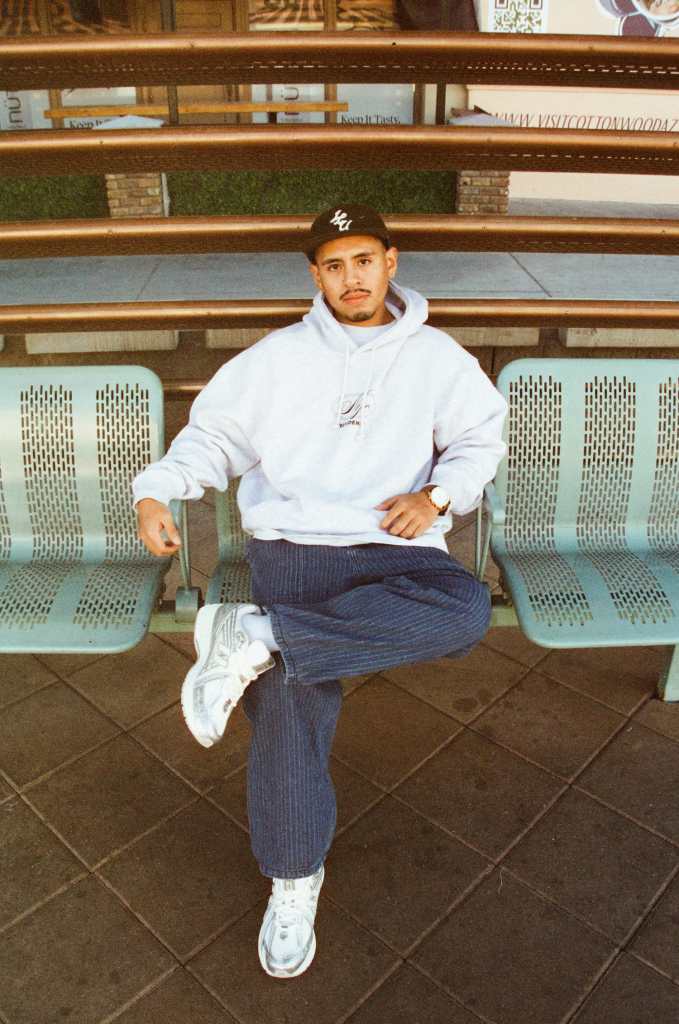Launching a label with a Laid Back rework might sound like a flex, and in Gio Lucca’s case, it is. The Peruvian-born, US-based producer has been quietly racking up support from names like Jamie Jones and Michael Bibi, but he’s not chasing co-signs or algorithm fodder. Raised between Lima and Miami and now based in Cincinnati, Lucca cut his teeth as a crate-digger and DJ before locking into a groove-heavy production style that blends playful samples with tightly wound minimalism.
His ISO imprint kicks off with Cocaine Cool, a trippy, tongue-in-cheek slice of retro-funk filtered through terrace-ready restraint. We caught up with Lucca to talk DJ instincts, cultural roots, and why Cincinnati might just be the sleeper city of the year.
Cocaine Cool is a bold choice for a first release on your own label. What drew you to that track in particular, and what did you want to bring out in your rework that wasn’t there in the original?
The idea came together pretty quickly. A couple friends of mine made a trip to Romania for Sun Waves last year and unfortunately I couldn’t make it so I decided to spend some time in the studio. One of them sent me Cocaine Cool and suggested I do an edit for the festival. I had been into Laid Back for a while now, so I jumped on it and finished the first version in one session. Sent it over, and a few hours later, I got a video of it being played out.
A few months later, my team and I decided to reach out to Laid Back and share the edit. They were into it, and after wrapping their album late last year, they sent me the stems to do an official rework. I ended up taking a different approach than my original edit, kept the core of the track but gave it a more modern and energetic feel.
You’ve described your sound as a blend of tech house, minimal, and funk. How do you approach striking that balance in the studio without leaning too far into one direction?
I try to pull the different elements from each genre and mix them into something that feels like me. I love the energy and bounce of tech house, the clean, stripped-back drum work from minimal, and the warmth and groove you get from funk. That mix helps me stay balanced and keeps things interesting without getting stuck in just one lane.
The vocal on Cocaine Cool feels both tongue-in-cheek and strangely hypnotic. How did you approach working with it rhythmically and tonally?
The vocal is so iconic—I wanted to keep it front and center, especially in the breakdowns where the track is more stripped back. In the drops, I kept the “I’m cocaine cool” line as the hook and layered in some extra vocal textures for ear candy. It was all about keeping that hypnotic feel while making it club-ready.
ISO launches with a rework, not an original production. Was that a deliberate move to set the tone for the label? What kind of creative freedom are you hoping ISO gives you?
Yeah, it felt like the right move. The rework had been getting a lot of early support and quickly became one of my most requested tracks. As a longtime fan of Laid Back, it made sense to launch with that. With ISO, I want to have the freedom to release my own music, collaborations with people I vibe with, and eventually give a platform to other artists I believe in.
You’ve had strong support from big names like Jamie Jones, Michael Bibi, and Pawsa. Have those cosigns changed how you approach production, or are you still chasing the same ideas you were early on?
Getting that kind of support is definitely validating and it influences me a bit—but I try not to let it dictate my sound. It’s funny, sometimes I’ll send out a batch of tracks thinking certain ones will hit with specific DJs, and it ends up being the unexpected ones that get picked up. Music is so subjective, so I just focus on writing what feels right to me.
Coming from Peru and now working internationally, how much does that sense of cultural movement influence the music you make? Are there specific sounds or rhythms from home that still find their way into your tracks?
I actually started producing long after moving to the U.S., but being from Peru definitely plays a part in why I’m so passionate about music. It’s more of a cultural and emotional influence than a sonic one—though I’ve been experimenting more with incorporating those rhythms into my terrace-style tracks. It’s something I’m really excited to explore further.
You’ve played in clubs across the US—Exchange LA, Spybar, Elsewhere. Has your experience as a DJ influenced how you structure a track like Cocaine Cool, especially in terms of pacing and energy?
Absolutely. Playing everything from opening sets to headlining to afters has helped me understand what works in different settings. When I’m working on a new track, I’m usually visualizing the kind of space or vibe it would fit into—and that helps guide the pacing and energy in the studio.
What can we expect next from ISO? Is the label mainly a home for your own productions, or are you looking to build a broader community of like-minded artists?
Right now, it’s going to focus mainly on originals and collaborations with friends and people I really connect with. But long-term, I definitely want ISO to become a home for other artists too—a community built around shared taste and creative freedom.
The house scene feels more fragmented than ever, with producers pulling from all kinds of genres and eras. Where do you see your sound fitting into that landscape, and are there any scenes or cities you feel most aligned with right now?
I’m definitely pulling inspiration from all over, but I try not to get too caught up in trends. I want to keep pushing my sound forward—whether that’s through analog gear or working with vocalists on originals. In terms of cities, I really connect with Miami, Chicago, and New York because of how much great music constantly flows through them. But honestly, don’t sleep on smaller scenes—Cincinnati, for example, has something really special going on.
There’s been a shift in recent years toward rawer, more lo-fi aesthetics in house music, alongside a return to funk and groove. Do you see that as a lasting evolution, or just another cycle? How does that trend influence your current output?
I think it’s a bit of both—a natural evolution and part of the cycle. Kind of like fashion—what’s old becomes new again. I love it because it puts a spotlight back on timeless music. I’m constantly digging up tracks from the ’70s that still hit today, and that’s the feeling I want to capture in my own work. I want someone 50 years from now to discover one of my tracks and feel the same way.
Cocaine Cool (Gio Lucca Rework) is out now on ISO Records
The post “I just focus on writing what feels right to me” Gio Lucca interview appeared first on Magnetic Magazine.






